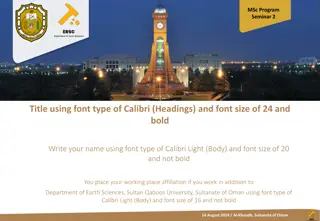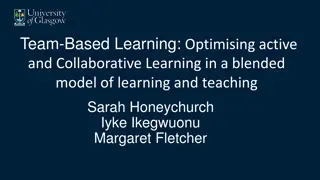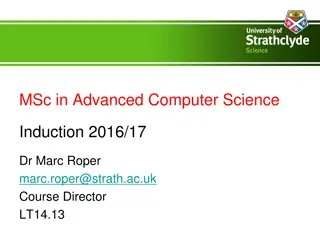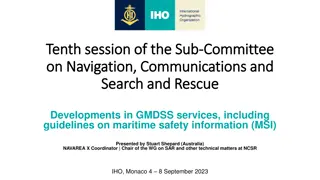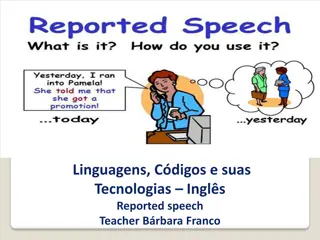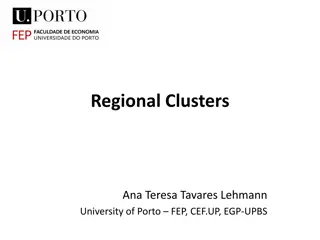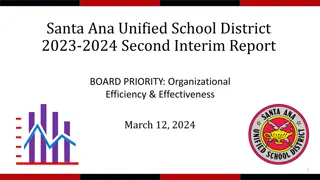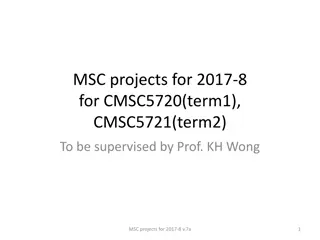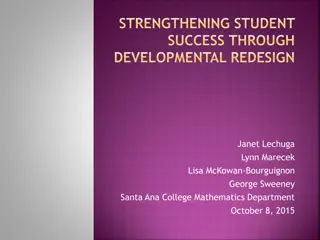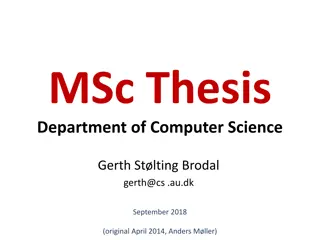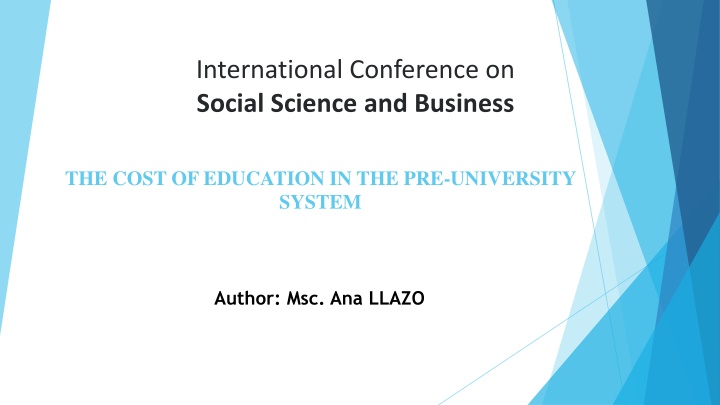
The Financial Impact of Education Costs on High School Students
Dive into the study exploring how economic factors drive teenagers to work, the challenges they face in meeting educational expenses, and the implications of high education costs on Albania's pre-university system. Discover the research methods used and insights on students' income levels and reasons for working.
Download Presentation

Please find below an Image/Link to download the presentation.
The content on the website is provided AS IS for your information and personal use only. It may not be sold, licensed, or shared on other websites without obtaining consent from the author. If you encounter any issues during the download, it is possible that the publisher has removed the file from their server.
You are allowed to download the files provided on this website for personal or commercial use, subject to the condition that they are used lawfully. All files are the property of their respective owners.
The content on the website is provided AS IS for your information and personal use only. It may not be sold, licensed, or shared on other websites without obtaining consent from the author.
E N D
Presentation Transcript
International Conference on Social Science and Business THE COST OF EDUCATION IN THE PRE-UNIVERSITY SYSTEM Author: Msc. Ana LLAZO
Introduction Introduction Difficult economic conditions, high education costs and financial freedom are the three main factors that force teenagers to work. Expenses for school items, books and private courses in various subjects are among the main expenses that are not covered by the state. Young people feel deprived if the family fails to meet basic needs and are forced to meet them through part-time employment. 2
Introduction Introduction Education is the basis for the development of a society which plays a major role in the economic empowerment of a country, social development and the creation of human capital. Otherwise it is considered a way to change the future. Costs of living and economic opportunities are closely related to how generations are educated. Albania is one of the countries of the Western Balkans, which has a high cost of education in the pre-university system compared to salaries in the country. Some of the students are forced to work part-time to supplement the income for education. 3
Study aim The aim of this study is to identify the cost of education for students in secondary schools 4
Study Contribution 1. 2. 3. 4. Government High school Researchers Students 5
RESEARCH METHODS The study method is descriptive, the study methos is interview. The samples were taken from high school students in several cities and rural areas of the country. The questionnaire was conducted in Durres, Tirana, Elbasan, Vlora, Kukes, Shkodra.
1 - What is your income level? The income level of high school students is dominated by the average one, but there is also a high level and a low vital minimum, and this level is mainly in rural areas. 7
2- What are the reasons you work? The reasons that work are; minimal living conditions and no possibility to meet basic needs; The cost of higher education including books and school supplies; financial freedom; they feel free to spend not only on basic needs or school items, but also on additional things, including recreational activities outside of school. 8
3- Do you work full time or part time? Teenagers work part-time outside school hours and in the summer season most of them work full-time, which they say helps them cope with the new academic year. 9
4- Do you spend a lot on school items? Expenses for school items vary according to the needs during the year, but on average the expenses are average. 10
5- Do you spend on training courses? The expenses for training courses or different subjects are high as they follow more than one course which can be foreign language, mathematics, physics, economics, biology, etc. 11
6- What are the training courses you follow? the Specific courses they attend are scientific subjects but also sports or art activities. 12
7- Have you felt bullied by economic inequality towards your friends? Bullying is another factor that pushes them to work as they do not feel equal with their peers in terms of clothing, lack of extracurricular activities such as excursions. 13
Conclusions and Recommendations Education plays an important role in the development of a country such as; economic empowerment, social development and creation of human capital. Costs of living and economic opportunities are closely related to how generations are educated. Difficult economic conditions, education costs, special trainings or courses and financial freedom are the main factors that force teenagers to work. Also another factor is the familiarity with and adaptation to the labour market. This makes them more capable and responsible for the value of work, money and also helps them more in choosing future professions and career. 14
THANKS! Any questions? You can find me at: anallazo@yahoo.com 15





